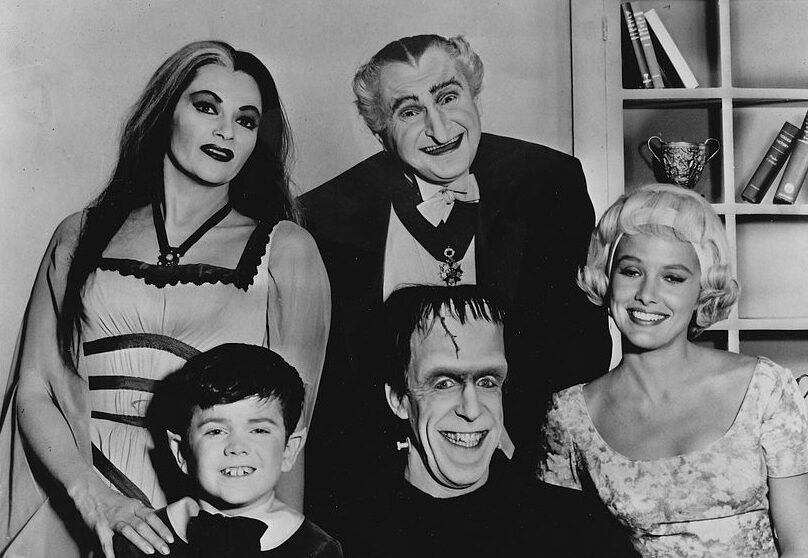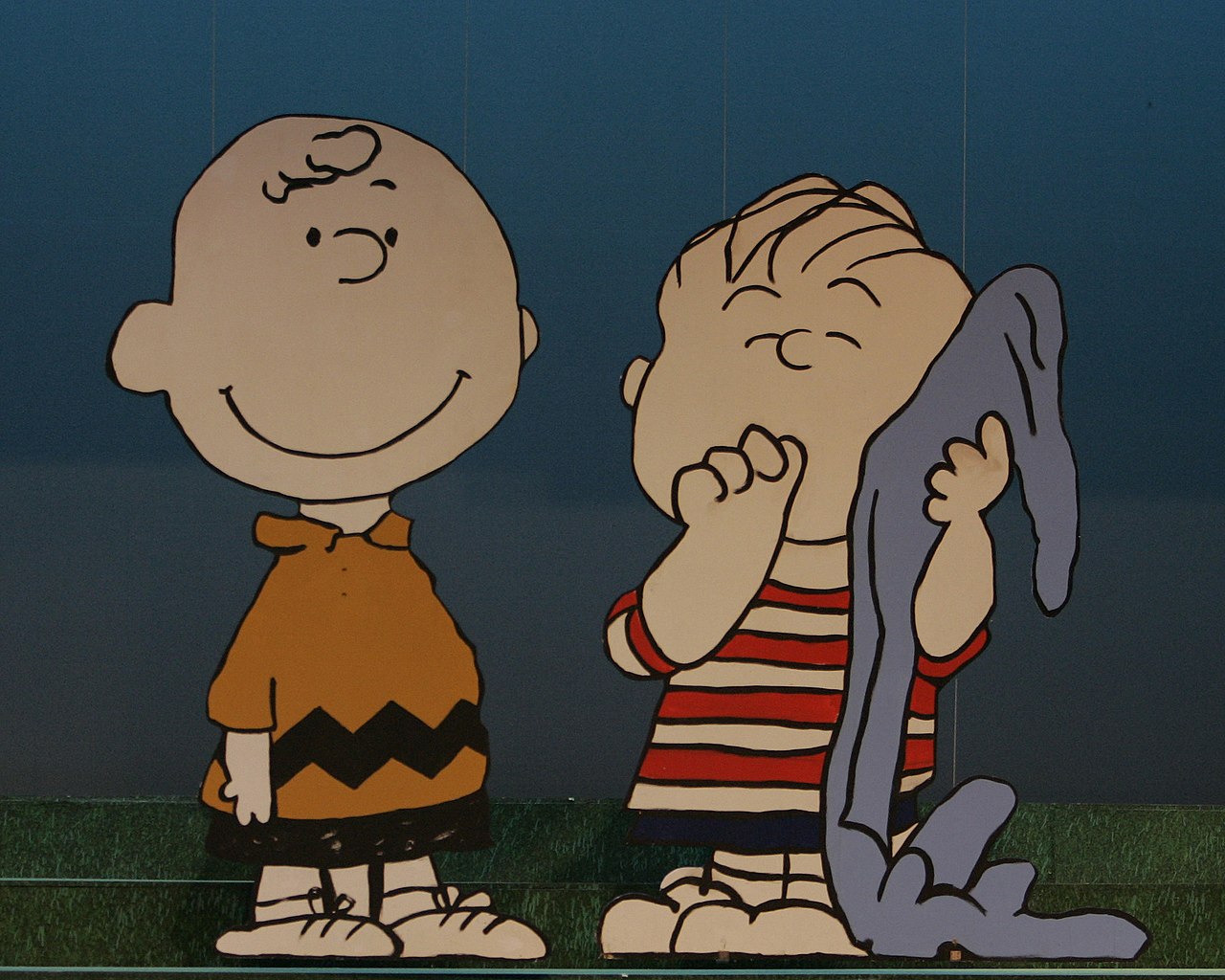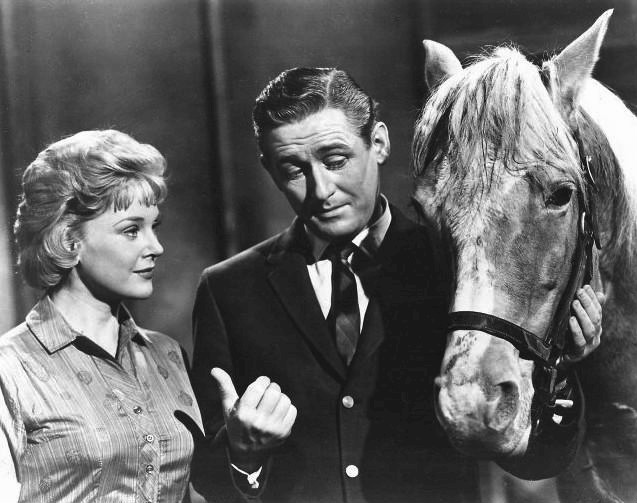Share this article with your network of friends!
For seniors who have a penchant for spine-tingling suspense and eerie storytelling, the horror movies of the 1960s and 1970s hold a special place in their hearts. This thrilling era of cinema brought forth some of the most iconic and enduring horror films that continue to send shivers down our spines today. In this article, we take a trip back in time to revisit the best horror movies of the 1960s and 1970s, celebrating the frightful tales that left an indelible mark on the genre.
Psycho (1960) – Directed by Alfred Hitchcock
Alfred Hitchcock’s “Psycho” is undoubtedly one of the most influential and chilling horror films of all time. With its infamous shower scene and groundbreaking narrative twists, the movie redefined the genre and brought psychological terror to the forefront. Anthony Perkins’s portrayal of the disturbed Norman Bates remains an iconic and haunting performance that continues to captivate audiences.
Night of the Living Dead (1968) – Directed by George A. Romero
George A. Romero’s “Night of the Living Dead” redefined the zombie genre, laying the foundation for countless undead tales to follow. Shot on a low budget, the film became a cultural milestone and a reflection of the social and political tensions of its time. Its black-and-white cinematography, relentless tension, and groundbreaking storytelling remain a testament to its enduring influence.
Rosemary’s Baby (1968) – Directed by Roman Polanski
“Rosemary’s Baby” is a supernatural horror film that delves into the unsettling paranoia of a pregnant woman. Directed by Roman Polanski and based on the novel by Ira Levin, the film is a slow-burning exploration of psychological horror. Mia Farrow’s exceptional performance as Rosemary adds to the film’s haunting and unsettling atmosphere.
The Exorcist (1973) – Directed by William Friedkin
“The Exorcist” is a landmark in horror cinema, often regarded as one of the scariest films ever made. Directed by William Friedkin and based on William Peter Blatty’s novel, the movie explores the possession of a young girl and the ensuing exorcism. Its groundbreaking special effects, atmospheric cinematography, and stellar performances, particularly by Linda Blair as the possessed Regan, cemented its place as a horror classic.
Jaws (1975) – Directed by Steven Spielberg
While “Jaws” may be classified as a thriller as well, it cannot be excluded from a list of influential horror films. Directed by Steven Spielberg, the movie took the fear of sharks to new heights, creating a sensation in both cinemas and on beaches. The suspenseful storytelling, John Williams’s unforgettable score, and the memorable performances make “Jaws” a standout in the horror genre.
Halloween (1978) – Directed by John Carpenter
John Carpenter’s “Halloween” set the standard for slasher films, introducing audiences to the masked killer, Michael Myers. With its minimalist style, eerie atmosphere, and suspenseful soundtrack, the film created a sense of terror that lingers long after the credits roll. Jamie Lee Curtis’s portrayal of Laurie Strode added depth to the character of the resourceful Final Girl, a trope that became a staple in horror films.
Conclusion
As seniors who lived through the thrilling era of horror cinema in the 1960s and 1970s, you experienced firsthand the spine-chilling terror and masterful storytelling that these films brought to the silver screen. From the psychological horrors of “Psycho” and “Rosemary’s Baby” to the visceral scares of “The Exorcist” and “Halloween,” these movies have left an indelible mark on the horror genre and continue to captivate audiences to this day.
So, let us celebrate the enduring legacy of these frightful tales—a testament to the power of cinema to evoke fear and fascination in equal measure. As we revisit these timeless horror classics, may we embrace the thrill of the unknown and appreciate the masterful craftsmanship that continues to make these films unforgettable in the annals of cinematic history.
DISCLAIMER: This website contains articles for informational and entertainment purposes only. No articles on this website should be considered as professional advice for any medical, legal, or financial matter. Advertisements and content may contain affiliate links, where the website earns a commission for sales derived from our users.





